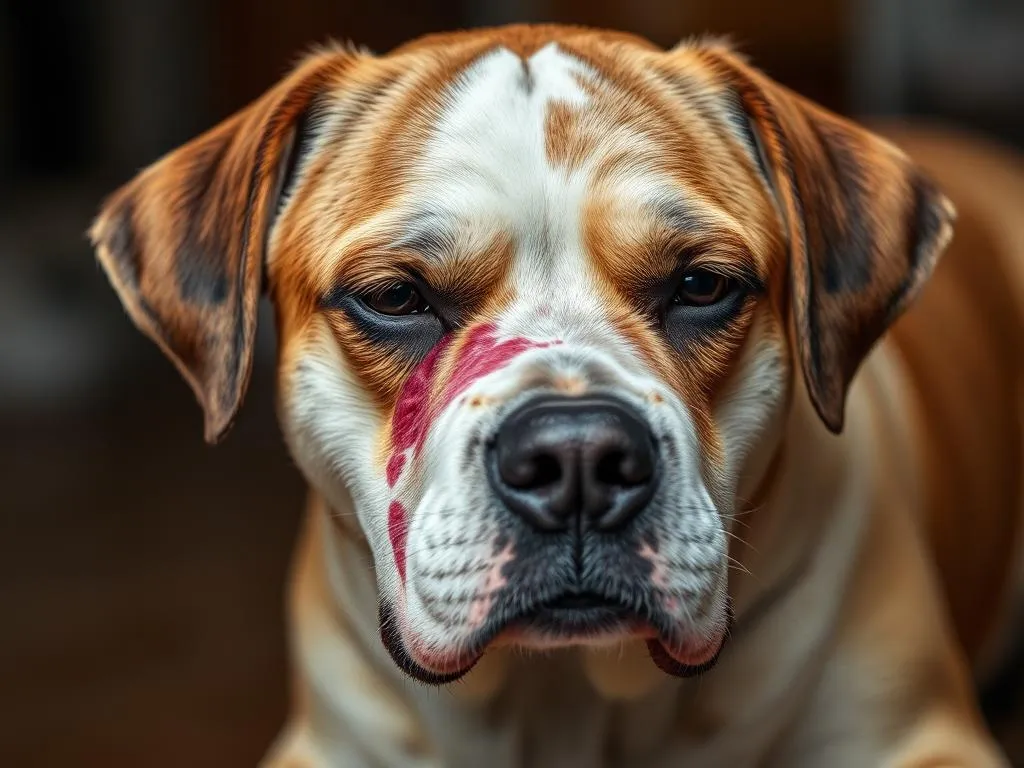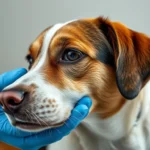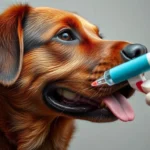
Itching in dogs can be a distressing issue for both pets and their owners. Flea infestations are a common cause, leading many pet owners to feel relief once they administer flea treatments. However, it’s not uncommon for owners to wonder, “Why is my dog still itching after flea treatment?” Understanding the underlying reasons for this continued discomfort is crucial for the health and well-being of your dog.
Understanding Flea Treatments
Types of Flea Treatments
Flea treatments come in various forms, each designed to target fleas effectively while accommodating different lifestyles and preferences.
-
Topical Treatments: These often come as spot-on treatments applied directly to your dog’s skin. They are designed to kill fleas on contact and prevent future infestations. Some popular brands include Frontline and Advantage.
-
Oral Medications: These are pills or chewables that work systemically to kill fleas. They typically start working within hours, ensuring a quick response to an infestation. Brands such as NexGard and Bravecto are well-known in this category.
-
Environmental Treatments: Fleas can thrive in your home, so environmental treatments like sprays and powders are essential for controlling fleas in your dog’s habitat. Regular vacuuming and washing bedding also help eliminate flea eggs and larvae.
How Flea Treatments Work
Flea treatments function through different mechanisms depending on their type.
-
Topical and Oral Treatments: These usually target the nervous system of the flea, causing paralysis and death. Topical treatments can prevent fleas from reproducing, while oral options kill adult fleas soon after ingestion.
-
Timeline for Effectiveness: Many treatments begin to show results within hours, but it can take several days for all fleas to be eliminated from your pet and environment.
Following the treatment protocols—like correct dosing and frequency—is critical to ensure your dog receives maximum protection.
Common Causes of Itching After Flea Treatment
Even after administering effective flea treatments, your dog may continue to itch due to several reasons.
Residual Flea Problems
One of the most common reasons for continued itching is the presence of residual fleas. Fleas have a complex life cycle, consisting of eggs, larvae, pupae, and adults. If even a few fleas survive the treatment, they can lay eggs, leading to re-infestation.
Allergic Reactions
Dogs can suffer from allergic reactions to flea saliva, often resulting in a condition known as flea allergy dermatitis (FAD). Even one flea bite can trigger intense itching and irritation in sensitive dogs. The immune response to flea saliva is so pronounced that it can lead to chronic itching long after the fleas are gone.
Skin Conditions
Itching can also arise from various skin conditions unrelated to fleas. Common issues include:
- Dermatitis: Inflammation of the skin can result from irritants, infections, or allergies.
- Infections: Bacterial or fungal infections can cause significant discomfort and itching.
These skin conditions can often be mistaken for flea problems, especially if a dog has been scratching at its skin.
Underlying Health Issues
Underlying health problems, such as hormonal imbalances or other parasites, can lead to persistent itching. Conditions like hypothyroidism or Cushing’s disease can create skin problems that result in itching. It’s essential to consult a veterinarian for a thorough examination if you suspect these issues.
Evaluating Your Dog’s Condition
Observational Checklist
When assessing your dog’s condition, keep an eye out for specific signs:
- Flea Presence: Look for signs of fleas or flea dirt (small black specks) on your dog’s skin or in their fur.
- Skin Issues: Monitor for redness, hot spots, or any lesions that might indicate irritation or infection.
- Behavioral Changes: Excessive scratching, biting, or licking can be indicators of continued discomfort.
When to Consult a Veterinarian
If your dog continues to itch despite flea treatment, it’s essential to know when to seek professional help. Consider consulting a veterinarian if:
- Flea signs persist after treatment.
- Your dog develops sores or infections from scratching.
- Symptoms worsen or new symptoms appear.
A veterinary examination can help diagnose underlying issues and guide you to the appropriate treatment.
Steps to Take If Your Dog Is Still Itching
Reassessing Flea Treatment
If your dog is still itching, it may be time to reassess the flea treatment being used.
- Effectiveness Check: Ensure the treatment is appropriate for your dog’s weight and age.
- Switching Treatments: Discuss with your veterinarian about switching or combining treatments for better effectiveness.
Managing Allergies
For dogs suffering from flea allergy dermatitis, managing the condition is crucial.
- Hypoallergenic Shampoos: These can help soothe irritated skin.
- Topical Treatments: Corticosteroid creams or sprays may provide relief.
Skin Care Regimen
Maintaining skin health is vital for your dog’s comfort.
- Moisturizers: Applying veterinarian-recommended moisturizers can help soothe dry skin.
- Medicated Shampoos: Regular baths with medicated shampoos can help manage skin conditions and keep itching at bay.
Regular grooming allows you to check for skin issues and keep your dog looking and feeling great.
Preventive Measures
Establishing a Flea Prevention Routine
Prevention is always better than cure. Establish a consistent flea prevention routine to keep your dog flea-free.
- Monthly Treatments: Stick to a monthly flea treatment schedule to ensure continuous protection.
- Environmental Control: Regularly vacuum and wash your dog’s bedding to eliminate eggs and larvae.
Regular Vet Check-Ups
Routine veterinary visits are essential for maintaining your dog’s health. During these visits, discuss any skin or allergy concerns. A vet can provide guidance on the best flea prevention methods and help address any underlying health issues.
Conclusion
In conclusion, persistent itching in your dog after flea treatment can stem from various factors, including residual fleas, allergic reactions, skin conditions, or underlying health issues. Understanding these reasons is crucial for effectively managing your dog’s discomfort. Stay proactive about your pet’s health by consulting a veterinarian for personalized advice and treatment options. Your dog’s comfort and well-being depend on it!









